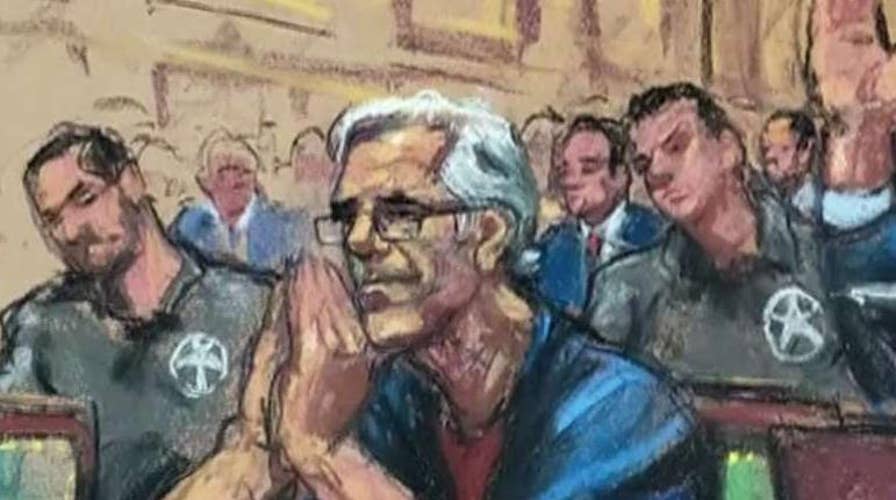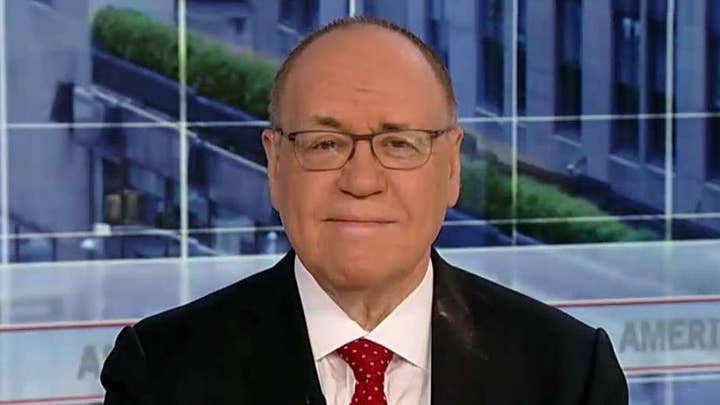Details emerge on conditions within the MCC where Jeffrey Epstein was being held at the time of his death
Council of Prison Locals President Eric Young weighs in on the job responsibilities of those responsible for accused sexual abuser Jeffrey Epstein's care.
A top union representative for federal prison guards said Thursday that correctional officers have been “sounding the alarm” for years about staffing shortages at the Metropolitan Correctional Center (MCC) in New York City, where Jeffrey Epstein died of an apparent suicide over the weekend.
Eric Young, a former corrections officer who is now president of the Council of Prison Locals, said the facility has "dozens and dozens" of positions that need to be filled.
“The Bureau of Prisons had actually temporarily assigned people to come there from other neighboring facilities to help fulfill the mission of the agency,” Young told “America's Newsroom.”
Epstein was placed on suicide watch in late July after being found semiconscious with bruisings on his neck. His lawyers requested that he be removed from suicide watch because he showed a hopeful attitude. The convicted sex offender was then put under "special observation," a less restrictive watch, and was moved to another cell with a new cellmate.
JEFFREY EPSTEIN REPORTEDLY APPEARED POSITIVE BEFORE DEATH, TOLD LAWYER HE’D SEE HIM SOON
It was later revealed that the 66-year-old financier was left alone in the cell after his cellmate was transferred, and the pair of guards who were supposed to watch him Friday night into Saturday morning reportedly didn't checked on him for several hours.
The two staffers have been placed on administrative leave and the MCC warden has been reassigned pending an investigation.
Young explained that, contrary to popular belief, officers have other duties beyond “sitting around waiting to go do rounds on a shift” to check on anything “nefarious” the inmates could be up to.
CLICK HERE FOR THE FOX NEWS APP
“I know for a fact, as the attorney general indicated, that there were some irregularities," Young went on to say. "We have been for the past few years sounding the alarm about the staffing shortages. Many people leaving and we are under a hiring freeze."
He continued: "Many of our law enforcement officers are able to retire at the age of 57 (...) If you’re not steadily bringing in a group of people behind them, you would have what we have now, which is a staffing shortfall.”
Young said that he believes the two officers did all that they could with the resources they had and that the investigation will show that to be the case.

